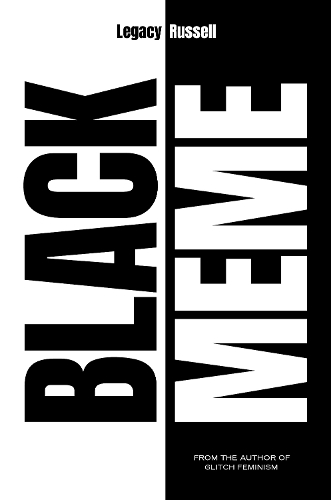The book compellingly traces Black representation in media history, focusing on major public moments that shaped American perceptions of Blackness. It excels in historical analysis but can feel somewhat selective by centering only on widely recognized events.
Aria Dean appreciates how the book excavates Blackness in mainstream media from early cinema through to the internet, using landmark events like Michael Jackson’s Thriller and Anita Hill’s testimony to demonstrate Blackness’s public impact. Although the narrative sometimes feels too clean and focused on headline moments, this approach highlights the scale and influence these moments had on American cultural consciousness, revealing the persistent lack of progress in racial representation. Dean values the historical task Legacy Russell undertakes, particularly the synthesis of testimonies and data that underline how Black presence in media has been both monumental and fraught. The review suggests the book’s strength lies in its ability to frame Blackness as a continuous thread through technological and cultural shifts, even if it occasionally simplifies the chaotic nature of media history.
Quick quotes
Russell’s choices work, perhaps because of the mass scale on which these 'blue check' events and objects were interacted with.
The book is at its best when focused on explaining the public’s interactions with blackness in the media.
We do know that these moments hugely influenced the American public.
